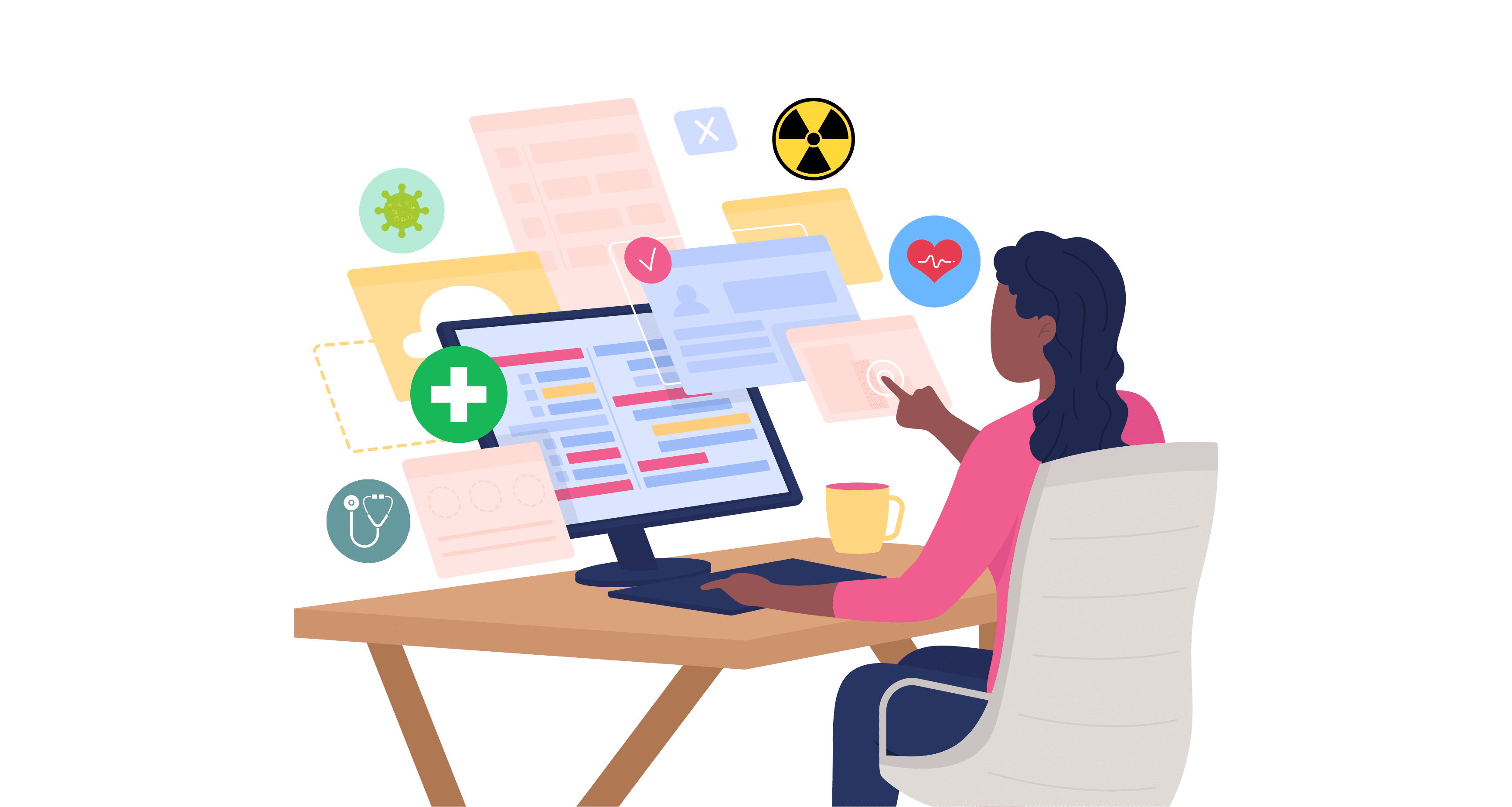
At least 40% of hospitals aren’t using a learning management system to enhance their training. Hospital training software helps facilities improve compliance and reporting efforts, lower training costs, decrease training time, and enhance patient care while boosting patient safety and employee competence.
Utilizing a curated software solution to develop a training program on the Occupational Safety and Health Administration, Health Insurance Portability and Accountability Act, and even cybersecurity regulations gives facilities more flexibility with how their training paths are designed and makes accountability simpler for onboarding employees. One of the biggest problems across the healthcare industry is the lack of training and education available to employees.
With the right training software, this doesn’t have to be a primary concern for compliance officers. Instead of trusting the manual upkeep of training or not having training solutions in place, consider why hospital training software is needed for continued operational success.
Grasping the Features of Hospital Training Software
Hospital training software is designed to meet the unique needs of healthcare facilities. Some of the primary features include:
- Automated tracking of employee training progress
- Customizable training modules tailored to specific compliance requirements
- Real-time reporting capabilities
- Cost efficiency
- Greater accessibility to specific resources
Across the healthcare sector, 24% of employees haven’t had any security awareness training, which raises the concern of whether all organizations are providing compliance training. Considering this information, there is an obvious gap in training that is accessible, up-to-date, efficient, and customizable to the learner.
Having a suite of features that cater to various training focal points helps hospitals easily monitor compliance and quickly address any gaps in training. With a large number of companies rating compliance program effectiveness, having the right training software in place could help avoid various issues in terms of competence, staff retention, and patient safety.
From streamlining internal processes and reducing administrative burdens, software-based solutions are helping to lighten the load for multiple compliance departments.
Why HRIS Integration Matters
Human Resource Information Systems (HRIS) maintain and manage employee information, as well as certain policies and procedures. Compliance managers should prioritize solutions that offer the capability to combine HRIS integration with their training programs because of the flexibility they offer. This type of integration will cut training costs and time and make resource allocation more easily managed.
Additionally, compliance managers can expect the ability to use custom templates for training or be able to use their own simpler onboarding processes and higher-quality training coordination. This feature not only saves funds but also minimizes the risk of errors in training records.
The ROI to Expect From the Right Training Software
Return on investment (ROI) displays how much of a financial gain a hospital obtains from what it invests in hospital training software. Considering the variety of linked factors between hospital operations and training, such as compliance, patient care enhancement, and the ability to scale, many facilities could see a complete return on their initial investment.
To determine your ROI, you would consider more than just the cost of software implementation and the number of users. You should also consider the amount of time spent on training compared to your older training methods. Additionally, over time, compare the difference in safety outcomes and employee education follow-ups.
Using Hospital Training Software to Safeguard Your Policy Training Programs
Hospital training software is essential for safeguarding policy and procedure training, compliance regulation, and general employee education. Intuitive hospital training software offers a proactive approach to training, allowing more facilities to be less reactive and to plan ahead while mitigating operational and safety risks.
To achieve greater efficiency for your staff training, book a demo today.







